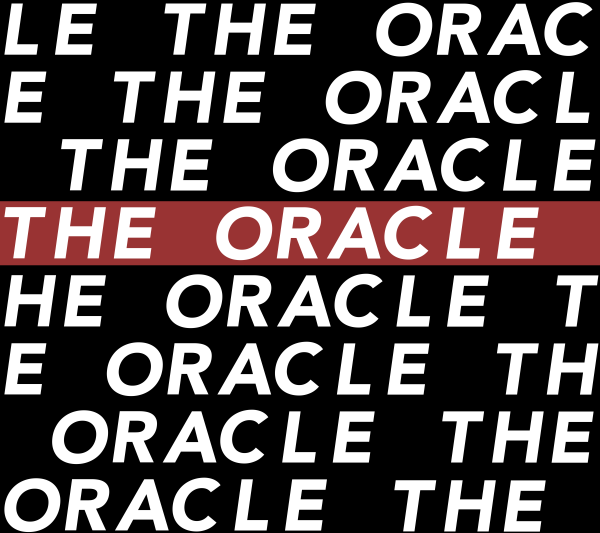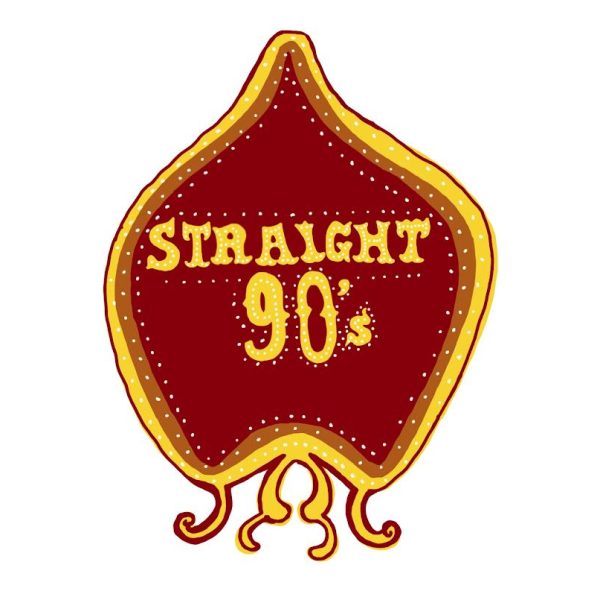The importance of journalism
How ‘the media’ is a cornerstone of our society
May 8, 2021
‘PRESS’ read the back of the vest that was slowly getting saturated with milk as the crouching man poured it over his face. The white liquid dribbled from the corners of his eyes, leaching away chemical irritant from his swollen, red features.
I had just watched a crowd of protesters outside the Brooklyn Center Police Precinct get broadsided with a cloud of tear gas from a canister thrown by some jumped-up JROTC kid with a riot shield, a gas mask and a tongue blackened from boot polish (this is a column, I can say things like that). The reporter, it seemed, had been taking pictures in the front line and had gotten a faceful of the stuff.
He was there for a motive unique from ours — to seek the truth and report it.
The ‘mainstream media’ has really been on blast these past few years. With the proliferation of the idea of fake news, seeds of distrust have blossomed into all out repugnance in many cases, regardless of political orientation. It’s easier to say that a problem is being misrepresented by the media than to try to fix it, so it’s clear why journalism is such an appealing scapegoat.
But with even just a superficial examination, it’s obvious why blaming the media is a pretty absurd thing to do.
Saying “the media is so biased these days” is like saying “food service is so slow these days.” It’s a statement that criticizes a vast swath of organizations and individuals, many of whom are pretty foundational to the basic functioning of our society.
And even if some of the media is biased, is that really such a problem? Sometimes slow food service gets you better food, sometimes biased journalism gets you better news.
Bias doesn’t imply the misrepresentation of facts, it implies the insertion of the writer’s opinions. If the reader is aware of this, there’s no reason for it to cause any problems.
That isn’t to say that fake news isn’t a problem. What we really need to be worried about is factual fallacies in the news.
A good example of this was when, a few weeks ago, one of my columns called Derek Chauvin “George Floyd’s killer.” While I personally believe this to be true, the trial isn’t over yet and I cannot factually claim that to be the truth. Doing so was slander and the column was pulled. Lesson learned.
Yes, it’s a problem that media outlets sometimes misrepresent facts, and maybe this trend has increased in the 21st century, but that’s no reason to openly denounce journalism as a practice.
We can’t simply drop journalism because it’s literally a cornerstone of democracy. Freedom of press is listed even before freedom to peaceably assemble in the first amendment of the Constitution, and freedom, in the words of one of the greatest journalists of all time, Hunter S. Thompson, is something that dies unless it is used.
Former president of the Washington Post, Philip Graham once called journalism a “first rough draft” of history, and that’s a beautifully true sentiment — – one of the main features of news is that it’s current and relevant to the times. Rough drafts need editing and revising, but without them, you can’t write anything at all. How rough drafts are written, however, can have colossal impacts on the final product.
The proliferation of social media in recent decades has had some chaotic effects on the field of journalism — throwing into question what it is and isn’t. These days, information is spread in erratic and unpredictable patterns. It’s all too easy to lean on your social media feed for news, and professional journalism companies, despite making seriously impressive steps to adapt to this change, have suffered from it.
But the beautiful thing about professional journalism companies that can be easy to overlook is that they’re exactly that — professional. Their reporters and writers are trained to report ethically and against their assumptions, identify sources, act independently of personal gain and acknowledge insufficiencies. Perhaps most importantly, respectable news companies hold themselves accountable. The Oracle, ever a paragon of ethical reporting, demonstrated this a few weeks ago when they ran a correction to the factual error in my column.
Professional and reliable journalists deserve our reverence and thanks. The press man who had been tear gassed at the protest isn’t the only journalist making sacrifices for the field. Thousands have dedicated their livelihoods to the pursuit and communication of truth.
Journalism isn’t the enemy of truth, it’s one of our most powerful tools against tyranny. It informs the people and holds governing powers accountable. Without it as a stabilizing force, it would be all too easy for democracy to fall.




